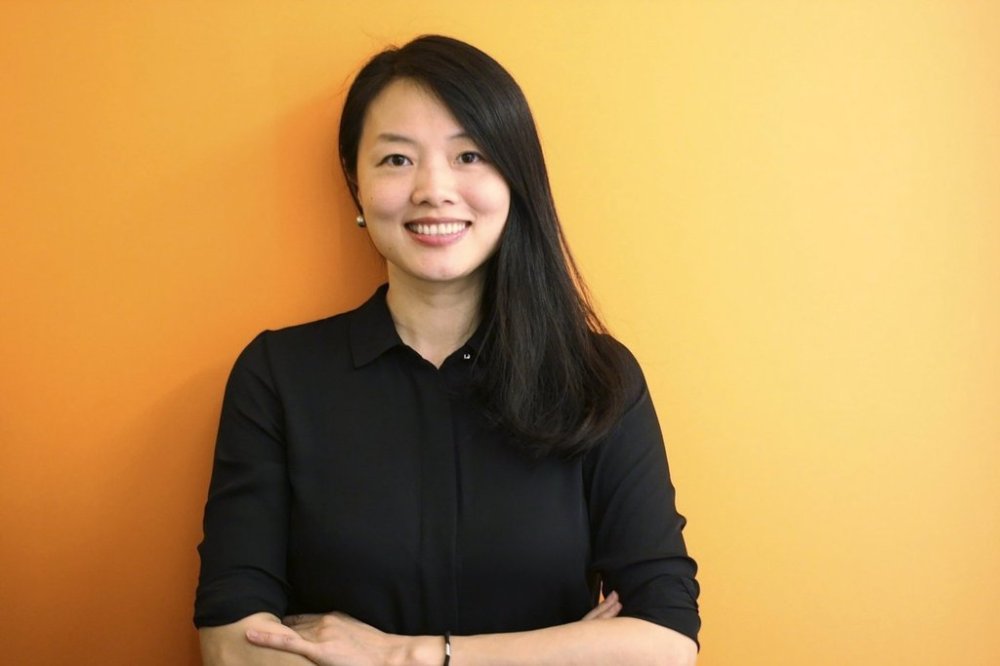US biochemist researching treatment of HIV and coronaviruses wins Israel’s Wolf Prize
Advertisement
Read this article for free:
or
Already have an account? Log in here »
To continue reading, please subscribe:
Monthly Digital Subscription
$0 for the first 4 weeks*
- Enjoy unlimited reading on winnipegfreepress.com
- Read the E-Edition, our digital replica newspaper
- Access News Break, our award-winning app
- Play interactive puzzles
*No charge for 4 weeks then price increases to the regular rate of $19.95 plus GST every four weeks. Offer available to new and qualified returning subscribers only. Cancel any time.
Monthly Digital Subscription
$4.99/week*
- Enjoy unlimited reading on winnipegfreepress.com
- Read the E-Edition, our digital replica newspaper
- Access News Break, our award-winning app
- Play interactive puzzles
*Billed as $19.95 plus GST every four weeks. Cancel any time.
To continue reading, please subscribe:
Add Free Press access to your Brandon Sun subscription for only an additional
$1 for the first 4 weeks*
*Your next subscription payment will increase by $1.00 and you will be charged $16.99 plus GST for four weeks. After four weeks, your payment will increase to $23.99 plus GST every four weeks.
Read unlimited articles for free today:
or
Already have an account? Log in here »
Hey there, time traveller!
This article was published 10/03/2025 (310 days ago), so information in it may no longer be current.
JERUSALEM (AP) — An American biochemist whose research has helped scientists make inroads into treating coronavirus and HIV has won this year’s Wolf Prize, a prestigious Israeli award in the arts and sciences.
Pamela Björkman of the California Institute of Technology won the prize for “offering new hope in the fight against infectious diseases,” the Wolf Fund, which awards the prize, said Monday.
Björkman’s research “unlocked the secrets of how the immune system identifies and battles pathogens, developing game changing approaches to combat some of humanity’s most formidable viral enemies,” the fund said.

Eight others also received the state-funded prize, which has been awarded annually for 47 years. Many of the award winners have gone on to receive Nobel prizes.
Björkman grew up in Oregon and studied at the University of Oregon, Harvard and Stanford before moving to Caltech to begin teaching in 1989. Her research focuses on how the immune system identifies invading pathogens. She has broken ground, the fund said, in how scientists understand T-cell recognition and immunization strategies for HIV. T cells are white blood cells that help fight off diseases.
Since the COVID-19 pandemic, she has worked on developing a new strategy to design immunogens that trigger certain antibodies against coronaviruses.
“Pamela Björkman’s work provides a glimpse of a new rational design strategy for future vaccines to deal with humanity’s greatest immunization challenges,” wrote the fund.
This year’s prize in architecture was awarded to Chinese architect Tiantian Xu for her work in rural China, which the prize committee said “transformed villages throughout China economically, socially, and culturally.”
Xu studied architecture at Harvard Graduate School of Design before returning to China, starting her own firm and working on a number of public projects that have kickstarted village economies, the fund said. They include a bridge connecting two villages separated by a flood, factories for tofu and brown sugar and renovating abandoned stone quarries.
It lauded her “pioneering approach to rural development — one that contrasts with the sweeping, uniform strategies that characterized China’s urban expansion.”
Other recipients of this year’s award include Jeffery Dangl of the University of North Carolina, Jonathan Jones of the Sainsbury Laboratory in England and Brian Staskawicz of the University of California, Berkeley for agriculture.
Also receiving the prize are professors Jainendra Jain of Pennsylvania State University, Moty Heiblum of Israel’s Weizmann Institute of Science, James Eisenstein of Caltech in physics and Helmut Schwarz of the Technische Universität Berlin in chemistry.
Past laureates include astrophysicist Stephen Hawking, artist Marc Chagall, conductor Zubin Mehta and musician Stevie Wonder.

